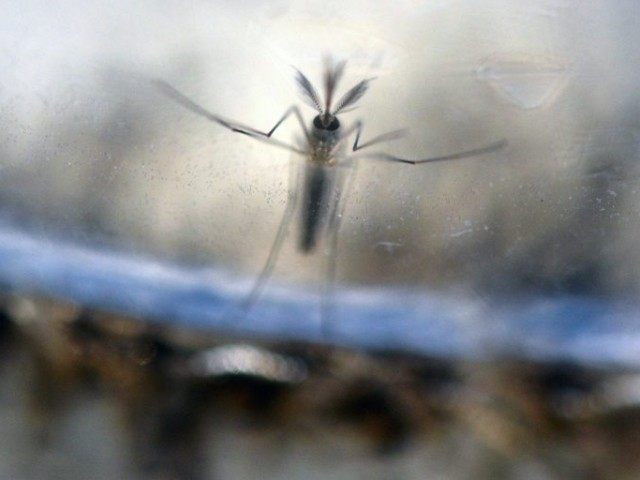The White House and the Centers for Disease Control and Prevention (CDC) plan to meet with officials in individual states to combat against the mosquito that carries the Zika virus.
“The best-case scenario here is that we could either limit local transmission or get ahead of it and contain it as soon as possible,” explained Amy Pope, deputy assistant for Homeland Security.
The CDC believes the U.S. will record its first mosquito-transmitted case of Zika by June or July. Doctors have already confirmed cases in people who traveled to Zika areas and sexually transmitted Zika.
The meeting will take place on April 1 at the CDC’s headquarters in Atlanta, GA. The White House invited “officials involved in mosquito control and public health.”
“We’ve had surprises,” said CDC Principal Deputy Director Dr. Anne Schuchat. “We’re in a posture of knowing that time is precious and collaboration is essential.”
On February 22, President Barack Obama asked Congress to include $1.9 billion in the FY 2016 emergency supplemental appropriations to fight against Zika. From the White House:
Funding would support immediate response activities to prevent the spread of, prepare for, and respond to Zika virus transmission; fortify domestic public health systems to prevent, detect, and respond to Zika virus transmission; speed research, development, and procurement of vaccines, therapeutics, and diagnostics; provide emergency assistance to States and the U.S. Territories to combat the virus; provide additional Federal Medicaid funding in Puerto Rico and the other U.S. Territories for health services for pregnant women at risk of infection or diagnosed with Zika virus, and for children with microcephaly, and for other health care costs; and enhance the ability of Zika-affected countries to better combat mosquitoes, control transmission, and support affected populations.
Puerto Rico has confirmed over 100 cases. The CDC expects thousands of cases this year.
“We are extremely concerned about Puerto Rico,” she added.
Florida has confirmed 42 cases of Zika, including four pregnant women. Florida Governor Rick Scott declared a state of emergency over the Zika outbreak in Latin America last month. He has “requested 250 additional Zika antibody tests from the CDC” after he learned about the cases of pregnant women with Zika. The tests allow people “to see if they ever had the Zika virus.” The majority of people who contract Zika do not experience any symptoms.
Zika poses more risks to pregnant women since scientists believe a link exists between Zika and microcephaly, a rare birth defect that occurs when the brain does not form properly during pregnancy or after birth, causing small heads. Children can suffer from seizures, developmental delays, intellectual disability, and feeding problems.
The Centers for Disease Control (CDC) announced that doctors had confirmed the presence of Zika virus in the tissue of infants who died from microcephaly.
“This is the strongest evidence to date that Zika is the cause of microcephaly,” explained CDC Director Tom Frieden. “Zika is new, and new diseases can be scary, particularly when they can affect the most vulnerable among us.”
Frieden stopped short of claiming Zika caused the microcephaly cases. He said scientists need to perform more tests to confirm an actual link.
Last week, the CDC announced it is investigating fourteen cases of sexually transmitted Zika in the United States. The Dallas County Health and Human Services (DCHHS) confirmed the first sexually transmitted Zika case in the beginning of February. The CDC responded with an advisory for people to take precautions to prevent transmission of the virus. This latest discovery forced the center to issue another Health Advisory Notice (HAN) “to underscore the importance of adhering to the interim guidance published on February 5.” These include pregnant women asking their male partners about possible Zika contact. They also asked everyone to use condoms until further notice since no one knows for sure how long Zika survives in sperm.

COMMENTS
Please let us know if you're having issues with commenting.